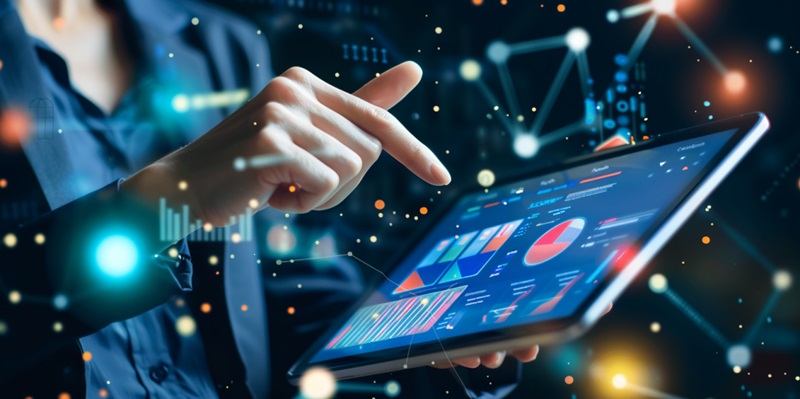In the rapidly evolving landscape of consumer packaged goods (CPG) data analysis, NielsenIQ’s introduction of “NIQ Ask Arthur” constitutes a significant technological leap. At its core, “NIQ Ask Arthur” is an AI-driven feature within the NIQ Discover platform that has revolutionized the way manufacturers and retailers interact with global datasets. It simplifies the analytics process by utilizing a conversational approach, enabling users to engage with the data as though they were seeking insights from a knowledgeable colleague. This generative AI tool doesn’t just respond to queries; it proactively provides personalized recommendations, thereby streamlining the decision-making process.
The impact of “NIQ Ask Arthur” is clear, by enhancing intuitive data exploration, it enables users to rapidly identify trends and draw meaningful insights. This level of efficiency was once unimaginable, involving laborious data manipulation and analysis. Now, stakeholders can swiftly access and understand their data, crafting the narrative of their brand with unprecedented ease and clarity.
Democratizing Data with Intuitive AI
NielsenIQ has elevated CPG data analysis with “NIQ Ask Arthur,” a cutting-edge feature within its NIQ Discover platform. This AI-driven innovation transforms data interactions, enabling quick, conversational engagement comparable to consulting an expert colleague. “Ask Arthur” goes beyond answering queries—it anticipates needs and suggests tailored recommendations to fast-track decision-making.
This tool brings a new level of simplicity to data analytics, allowing users to easily identify trends and insights that were previously buried in complex datasets. The result is a more streamlined approach to understanding and shaping the story of a brand. “NIQ Ask Arthur” is a game-changer for manufacturers and retailers, offering a smarter, more intuitive way to navigate the vast ocean of global CPG data.

